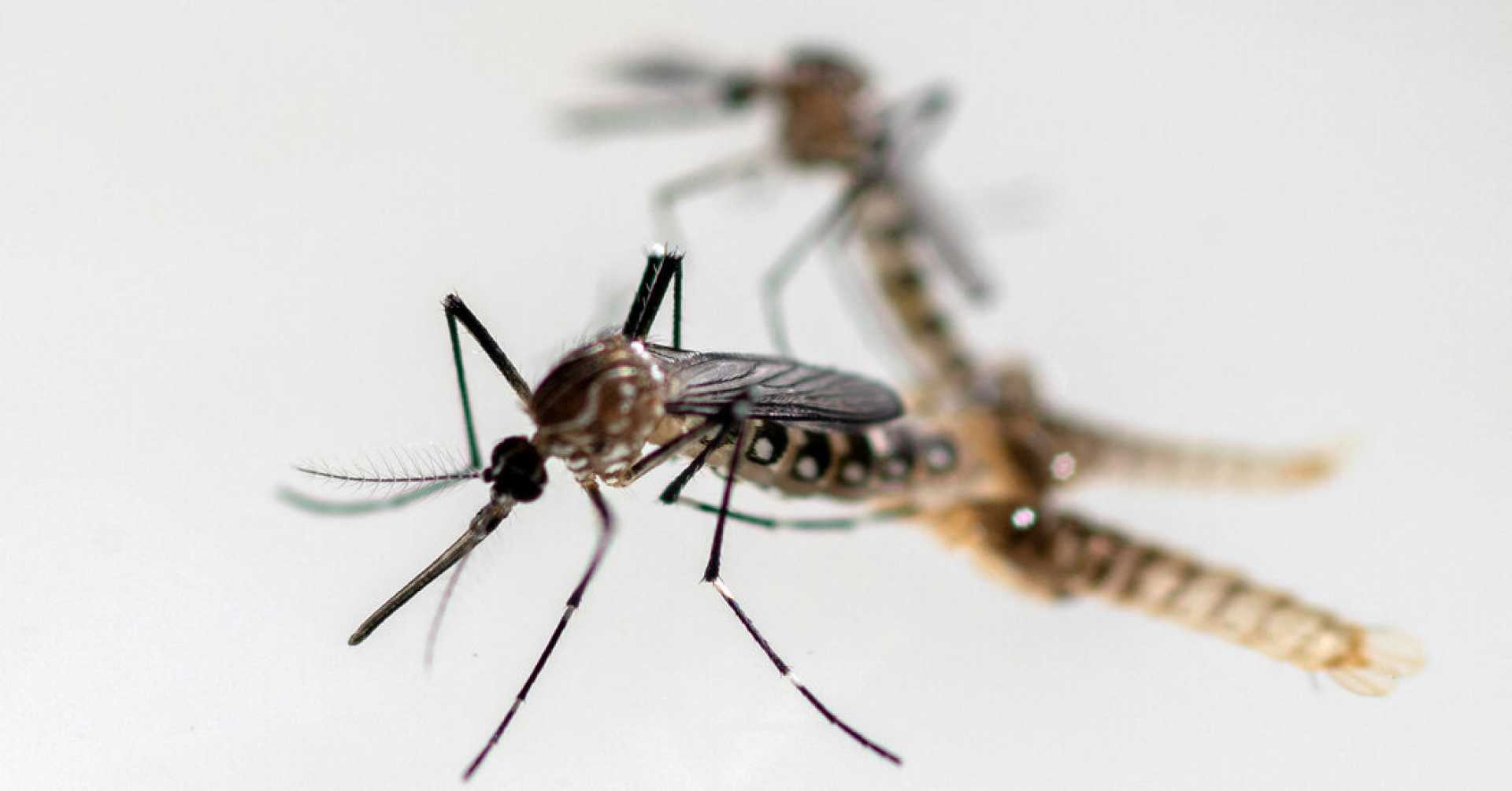Health
New York Confirms First Eastern Equine Encephalitis Death Since 2015

Concerns regarding eastern equine encephalitis (EEE) have been escalating after New York state confirmed its first fatality from the virus since 2015. The death occurred in Ulster County last weekend, as announced by New York Governor Kathy Hochul on Monday. This marks a significant development in the spread of this life-threatening mosquito-borne disease.
State Health Commissioner James McDonald expressed heightened concern, stating, “Eastern equine encephalitis is different this year. While we normally see these mosquitoes in two to three counties each year, this year they have been in 15 counties so far, and scattered all over New York State.” The Commissioner emphasized the severity of the disease, noting that it has no commercially available vaccine for humans and must be taken seriously.
The virus is primarily transmitted through the bite of an infected mosquito and has been increasingly detected across the Northeast. Other states, including Massachusetts, are also adopting preventive measures to protect residents. The Centers for Disease Control and Prevention (CDC) reports that around 30% of serious EEE cases are fatal. “The peak time for these cases is right now, July through September,” according to Erin Staples, a CDC medical epidemiologist.
In 2024 alone, there have been 10 reported cases, not including the latest New York fatality, indicating a concerning trend. Health experts highlight that while many who contract the virus may be asymptomatic, severe cases can lead to lifelong neurological consequences.
The virus causes inflammation in the brain, leading to symptoms such as fever, headaches, and vomiting. In severe instances, individuals may suffer seizures or fall into a coma. With no treatment available, preventive measures are critical. Staples advises on avoiding mosquito bites through means such as wearing long sleeves, using bug repellent, and maintaining property to eliminate standing water.
Governor Hochul and other officials are stepping up efforts to increase access to insect repellent in state parks and to heighten public awareness. The situation is particularly dire this year, with reports of EEE found in mosquitoes, emus, and horses across the state, and an increase in West Nile virus cases as well.
Staples notes the difficulty in predicting the spread of arboviral diseases, as they are influenced by ecological factors and human activity. “If there’s less water, more water, hurricanes, or other factors, that can affect where the virus is found,” said Staples. The CDC recommends that individuals follow guidance from local and state officials to safeguard against EEE.
As part of their prevention strategy, state health departments are advising the public to be vigilant, particularly during hours of peak mosquito activity, and to use Environmental Protection Agency-recommended insect repellents.












